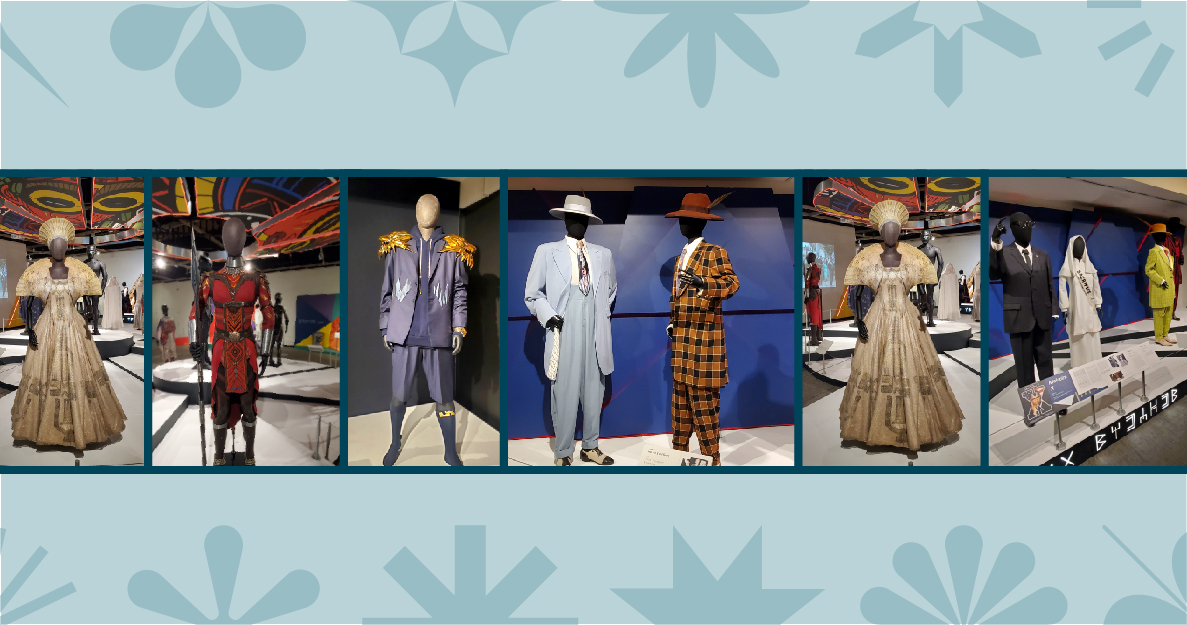Celebrating The Wright During Black History Month – And All Year Long
Building OpportunityArts & CultureFeb 20, 2024

The Gilbert Family Foundation is proud to support arts and cultural institutions that strengthen our communities and highlight the stories of people who make our city so special.
One of our major institutional partners in Detroit is the Charles H. Wright Museum of African American History – a vital educational resource showcasing the rich history and cultural contributions of African Americans. “The Wright,” as it is commonly referred to, is unique as one of the world’s oldest independent African American museums. In a majority-Black city like Detroit, The Wright has a critical role in providing deeper understanding of the Black experience through exhibits and educational programs to help visitors understand African American history within the broader context of our nation’s heritage.
Michon Lartigue, Senior Vice President for Institutional Advancement at the Wright, agrees. “It was mission critical to ensure that [The Wright] was a space and place for the Detroit Community,” she said, adding, “centering Detroit has become our first strategic priority, because … Detroit and the surrounding region gains access to African American history and culture, and the Wright is placed in the national and international dialogue for all its iconic achievements.”
Recently, the Gilbert Family Foundation had the honor of sponsoring an exciting exhibit at The Wright: Ruth E. Carter: Afrofuturism in Costume Design. Ruth E. Carter is the prolific costume designer behind the Black Panther movies – both of which earned her Academy Awards in costume design. She is the first Black woman to win multiple awards in any category. Her groundbreaking vision for Afrofuturism is showcased at the Wright, alongside her costumes from other notable films about the Black experience (including “Shaft”, “Do the Right Thing”, “The Butler”, “Selma”, “The Roots”, “Amistad” and “Malcom X” – the latter two of which earned Carter her first two Oscar nods). The exhibit at the Wright showcases Carter’s visionary talent and attention to detail through over 60 real costumes worn by the actors in each film.
Arguably the most impressive costumes in the exhibit were the Oscar-winning Black Panther costumes, which acted as works of wearable art that fostered a sense of empowerment and pride through the intersection of African culture, technology and futurism. The experience felt emotionally charged and powerful, a visually stunning display of how costume design is integral to illustrating a compelling narrative.
The Carter exhibit – like many other collections at The Wright – is a testament to the importance of how arts and cultural institutions foster in us a sense of connectedness and understanding. It felt especially meaningful to celebrate this innovative and inspiring designer during Black History Month, which Lartigue said is a way to celebrate the achievements of African Americans, which historically are often untold. Carter is renowned as a key contributor to Afrofuturism, which ties together history, culture, imagination and future from an Afrocentric perspective. As she said in a recent interview, “Today, for Black designers, African designers, African American designers of any culture that employs sustainability and future thoughts into their mind, they’re a part of our tomorrow, and our Afrofuture is what that is.”
The exhibit, Ruth E. Carter: Afrofuturism in Costume Design runs until March 31st, 2024.